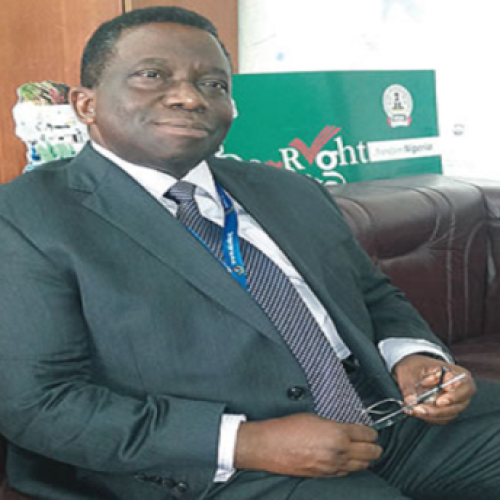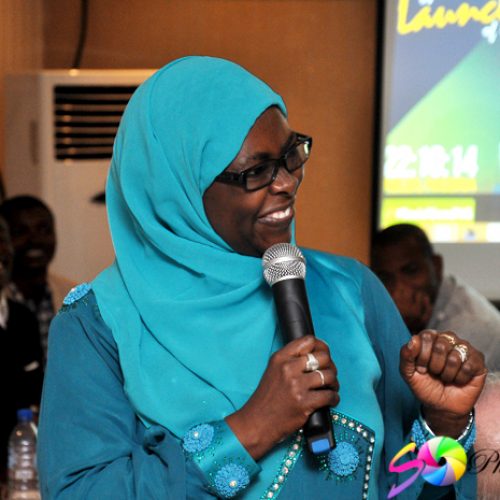Nigerian Government can’t fund local vaccine production – Minister
… Seeks private sector involvement
ABUJA – Nigerian Government cannot realistically fund local vaccine production, given its present depressed economy, Minister for Health, Professor Isaac Adewole, has said.
Prof Adewole, who was represented by the Minister of state for Health, Dr Osagie Ehanire, during the round table stakeholders meeting on local vaccine production in Nigeria yesterday in Abuja, explained that the increasing cost of vaccine procurement and recent graduation of Nigeria from the Gavi eligibility bracket due to the rebasing of the nation’s economy could make it difficult for the country to meet up with her vaccine procurement target.
He said it is necessary that the government encourage and support local capacity for vaccine production to ensure uninterrupted supply.
“Efforts to continue vaccine production at the Federal Vaccine Production Laboratory and National Veterinary Research Institute VOM could not continue due to inadequate political will; lack of financial support and commitment by all stakeholders
“Afterwards, Nigeria have since depended solely on importation of the required vaccines, and majority are given free of charge to mothers and their children,” he said.
He however reiterates the passion of the present administration under the leadership of President Muhammadu Buahri, that implementation of universal health Coverage is non-negotiable. “Access of Nigerians to all necessary vaccines is one of our key priority”.
The minister also assured that the current administration would continually support the implementation of Global Vaccine Action plan (2011-2020) and the on-going Global immunization Vision and Strategy (GIVS).
Earlier, the Executive Director for the National Primary health Care Development Agency (NPHCDA), Dr Ado Muhammad, explained that the path to Nigeria’s revitalization of the erstwhile vaccine production capacity at the federal vaccine production laboratories Yaba, lagos which once produced yellow fever and anti-rabies vaccines up till the 1990s had been quite challenging with numerous economic and political challenges.
He further explained that the several unsuccessful efforts to enter into a joint venture agreement with private drug manufacturers between 2005 and 2015, “finally has heralded the strongest and most sustained effort led by the government of Nigeria to ensure the commencement of local vaccine production.
“This clear political will and effort has been strengthened by proposed multinational partner support through ongoing negotiations, deliberations and discussions with technical partners who have already indicated strong vested interest in local vaccine production in Nigeria,” he said.






0 Comments
No Comments Yet!
You can be first to comment this post!